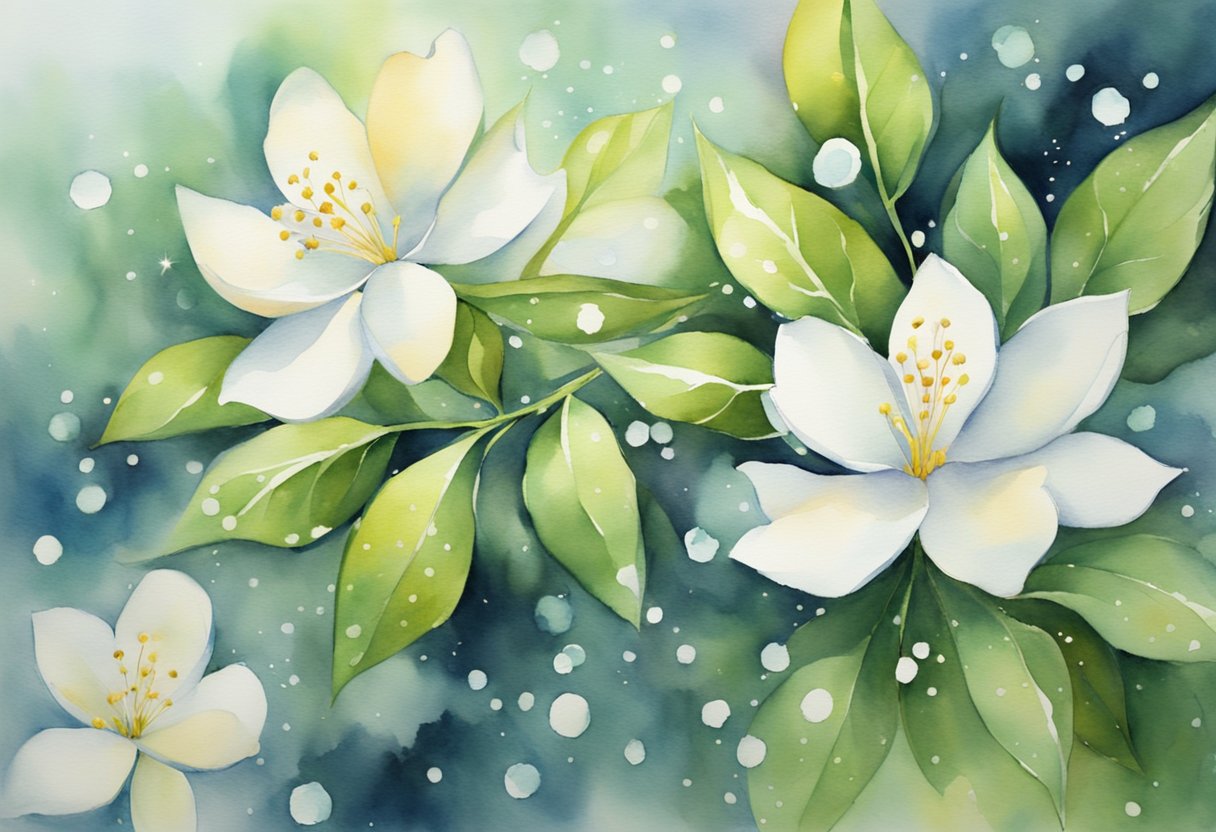
The Magic and Beauty of Jasmine: From Rituals to Remedies
Jasmine, the fragrant "gift from God," symbolizes love, purity, and spiritual connection. Learn its historical, therapeutic, and mystical significance, and how it enriches life through rituals, remedies, and daily use.
Jasmine, a captivating member of the Oleaceae family, exudes a fragrance that has enchanted human senses across cultures and continents. Beyond its delightful aroma, jasmine holds a treasure trove of spiritual and therapeutic properties revered since antiquity. With its delicate white blossoms, this flower symbolizes love, peace, and purity, serving as a bridge between the earthly and the divine.
Throughout history, jasmine has been celebrated for its ability to enhance psychic abilities, attract love and wealth, and induce prophetic dreams. Its subtle yet powerful essence plays a significant role in rituals and ceremonies, believed to guard against negative energies, purify the soul, and facilitate spiritual connections. Moreover, jasmine continues to be a cornerstone in aromatherapy and holistic healing practices, contributing to emotional well-being.
Key Takeaways
- Spiritual Significance: Jasmine uplifts the mind and spirit, enhancing psychic abilities and fostering spiritual connections.
- Historical Rituals: Used in rituals for protection, purification, and attracting love and wealth.
- Therapeutic Benefits: Offers numerous benefits, including stress relief, mood enhancement, and skincare advantages.
Historical Significance

Origins and Etymology
Jasmine is believed to have originated in Persia, where it was known as yasmin, meaning "gift from God" in Persian. This evocative name reflects the high esteem in which jasmine was held, suggesting a divine fragrance that captivated both souls and gardens alike. From Persia, jasmine's allure spread along ancient trade routes, reaching China, India, and eventually Europe.
Mythology and Folklore
Jasmine features prominently in myths and legends:
- Greek Mythology: Associated with Aphrodite, the goddess of love and beauty.
- Arabian Tales: Tales of jasmine's ability to attract wealth and prosperity.
- Southeast Asian Folklore: Symbolizes purity and innocence, often appearing in local legends.
Cultural Symbolism
Jasmine's allure transcended borders, embedding itself in various cultures:
- China: Symbolizes femininity and eternal love; known as the "queen of the night."
- India: Represents spiritual love; extensively used in religious ceremonies.
- Egypt: Cherished for its luxurious fragrance; used in perfumes and cosmetics.
- Europe: Became a garden staple, symbolizing elegance and grace.
Use in Ancient Traditions
Jasmine was integral to spiritual traditions:
- Persia: Used to evoke passion and clarity in spiritual practices.
- India: Incorporated in rituals for purity and divine connection.
- China and Egypt: Valued in aromatherapy and traditional medicine for healing properties.
Symbolism in Art and Literature
Jasmine inspired artists and poets:
- Poetry: Metaphor for love and fleeting beauty.
- Visual Arts: Featured in paintings and tapestries.
- Music: Celebrated in songs and compositions.
Botanical Profile
Jasminum Officinale Overview

Jasminum officinale, commonly known as common jasmine or poet's jasmine, is renowned for its star-shaped white flowers and enchanting fragrance, especially prominent at night. It is a deciduous climber, appreciated for both its aesthetic appeal and aromatic qualities.
Varieties of Jasmine
| Species | Description | Uses |
|---|---|---|
| Jasminum sambac | Evergreen shrub with small, fragrant white flowers | Perfumes, teas, religious offerings |
| Jasminum grandiflorum | Large white flowers with a strong fragrance | Essential oil for perfumery, aromatherapy |
| Jasminum polyanthum | Vigorous climber with pink buds and white flowers | Ornamental plant for gardens, indoors |
Growing and Cultivation
Cultivating jasmine requires attention to its specific needs:
-
Propagation:
- Seeds: Slow germination; less common method.
- Cuttings: Most common; take semi-hardwood cuttings in summer.
- Layering: Bend a low branch to the ground and cover with soil until roots develop.
-
Plant Care:
- Sunlight: Prefers full sun to partial shade.
- Soil: Thrives in well-drained, moderately fertile soil.
- Watering: Regular watering; keep soil moist but not waterlogged.
- Fertilization: Apply balanced fertilizer during the growing season.
- Pruning: Regular pruning encourages growth and flowering.
- Pests/Diseases: Watch for aphids, mealybugs; treat as necessary.
-
Indoor Cultivation:
- Light: Place near south-facing windows.
- Humidity: Maintain high humidity; mist leaves.
- Potting: Use well-draining mix; repot when root-bound.
Therapeutic Qualities
Health and Healing

Jasmine offers several health benefits:
- Emotional Balance: Acts as a natural antidepressant, alleviating stress and anxiety.
- Hormonal Health: May help balance hormones, easing PMS and menopause symptoms.
- Sleep Aid: Promotes restful sleep due to its calming effects.
- Antiseptic Properties: Useful for treating minor wounds.
- Respiratory Health: Inhaling jasmine may alleviate coughs and colds.
- Digestive Aid: Jasmine tea can soothe stomach discomfort.
Aromatherapy and Fragrance
In aromatherapy, jasmine essential oil is prized for:
- Relaxation: Soothes the nervous system.
- Mood Enhancement: Elevates mood and combats sadness.
- Libido Boost: Enhances sensuality.
Blending with Other Oils:
| Essential Oil | Combined Benefits |
|---|---|
| Lavender | Enhanced relaxation and stress relief |
| Sandalwood | Deepened meditation and spiritual connection |
| Ylang-Ylang | Heightened sensuality and romance |
Skin Care and Beauty
Jasmine benefits skincare and beauty:
-
Moisturizing: Hydrates dry skin; maintains elasticity.
-
Healing Properties: Assists in healing scars; reduces imperfections.
-
Anti-Aging: Antioxidants combat free radicals.
-
Sensitive Skin: Gentle nature suits sensitive skin types.
-
Hair Care:
- Scalp Health: Soothes dry scalp; promotes growth.
- Fragrance: Adds scent to hair treatments.
-
Natural Perfumes: Used as a base note in fragrances.
Spiritual and Esoteric Aspects
Magical Practices and Lore

Jasmine is rooted in magical practices:
- Moon Magic: Enhances intuition and psychic abilities.
- Love Spells: Attracts love; deepens relationships.
- Protection Rituals: Wards off negative energies.
Applications:
- Incense and Smudging: Cleanses and sanctifies spaces.
- Spell Bags: Includes blossoms in mojo bags.
- Anointing Oils: Creates ritual oils.
Role in Love and Relationships
Jasmine's aroma is a catalyst for romance:
- Harmony: Encourages harmonious relationships.
- Passion: Amplifies sensuality.
- Attraction: Draws love into one's life.
Incorporation:
- Bedroom Decor: Flowers or diffusers in the bedroom.
- Love Rituals: Ceremonies during a full moon.
Psychic and Prophetic Dreamwork
Jasmine enhances dreamwork:
- Prophetic Dreams: Use in dream pillows for vivid dreams.
- Psychic Enhancement: Aids meditation and divination.
- Third Eye Activation: Opens the third eye chakra.
Jasmine in Daily Life
Culinary Uses

Beyond fragrance, jasmine enriches cuisine:
-
Jasmine Tea:
Types of Jasmine Tea:
Base Tea Flavor Profile Green Tea Delicate, grassy, sweet undertones Black Tea Robust, full-bodied, jasmine aroma -
Edible Flowers:
- Salads: Adds subtle flavor.
- Desserts: Infused in pastries, puddings, ice creams.
- Syrups and Liqueurs: Creates jasmine-flavored syrups.
-
Jasmine-Infused Honey Recipe:
Ingredients:
- 1 cup raw honey
- 1/4 cup fresh jasmine flowers
Instructions:
- Rinse flowers; pat dry.
- Place in jar; cover with honey.
- Seal and store for 1-2 weeks.
- Strain flowers; enjoy infused honey.
Jasmine in Home Decor
Enhancing spaces with jasmine:
-
Scented Sachets: Natural air fresheners in drawers.
-
Floral Arrangements: Decorate with fresh blossoms.
-
Garden Design:
- Climbing Vines: Along fences and trellises.
- Container Gardening: For patios and balconies.
-
Aromatherapy at Home:
- Diffusers: Scent living spaces.
- Candles: Create a calming atmosphere.
Symbolism and Metaphysical Properties
Connections to Deities and Spirituality

Jasmine connects to deities and spirituality:
-
Hinduism: Offered to Vishnu and Krishna.
-
Egyptian Mythology:
- Hathor: Goddess of love; jasmine offerings.
- Isis: Used in protection and healing rituals.
-
Buddhism: Symbolizes purity of mind and body.
-
Moon Association: Linked to lunar energies and intuition.
-
Spiritual Love: Represents hope and connection.
Infusion of Energy and Intention
In metaphysical practices, jasmine is used to:
- Set Intentions: Infuse rituals with love and prosperity.
- Energy Amplification: Enhance spells and meditations.
- Aura Cleansing: Purify and protect energy fields.
Methods:
- Ritual Baths: Add petals to bathwater.
- Crystal Pairings: Combine with moonstone or amethyst.
- Creating Talismans: Craft love and prosperity charms.
Rituals and Ceremonial Uses
Rites of Passage
Jasmine plays a role in life events:
- Weddings: Bridal bouquets, garlands symbolize love.
- Birth Ceremonies: Welcoming new life.
- Coming-of-Age: Adornments celebrate maturity.
- Healing Rituals: Anointing with jasmine oil.
Seasonal Celebrations
Jasmine enhances celebrations:
-
Full Moon Rituals: Harness lunar energy.
-
Festivals:
- India's Jasmine Flower Festival: Celebrates beauty.
- Summer Solstice: Symbolizes life and abundance.
- Harvest Festivals: Gratitude offerings.
Jasmine's Influences on Mind and Emotion
Stress and Anxiety Alleviation
Jasmine aids mental well-being:
- Stress Relief: Reduces stress; promotes relaxation.
- Anxiety Reduction: Soothes the nervous system.
- Emotional Balance: Stabilizes mood swings.
- Mental Clarity: Clears mental fog; enhances focus.
- PTSD Support: May help manage symptoms.
Methods:
- Aromatherapy: Inhale oil; use diffusers.
- Massage Therapy: Incorporate oil in massages.
- Mindfulness: Use during meditation or yoga.
Lifting Spirits and Fostering Positivity
Jasmine fosters positivity:
- Mood Enhancement: Elevates mood.
- Confidence Boost: Encourages self-love.
- Inspiration: Sparks creativity.
- Self-Esteem: Boosts self-worth.
- Social Anxiety: Eases nervousness.
Incorporation:
- Personal Fragrance: Jasmine perfumes.
- Environmental Scenting: Candles, incense.
- Creative Spaces: Plants in artistic areas.
Safety and Precautions
While jasmine offers many benefits, use it safely:
- Allergic Reactions: Perform a patch test before skin application.
- Pregnancy and Nursing: Consult a healthcare provider; may induce contractions.
- Dilution: Dilute essential oils with a carrier oil.
- Ingestion: Do not ingest essential oils unless guided by a professional.
- Quality: Use pure jasmine oil from reputable sources.
Jasmine is a multifaceted flower whose fragrance and beauty have transcended time and culture. Its spiritual significance, therapeutic qualities, and everyday uses make it a cherished plant worldwide. Whether seeking to enhance spiritual practices, improve well-being, or simply enjoy its captivating aroma, jasmine offers a wealth of benefits that enrich the mind, body, and soul.
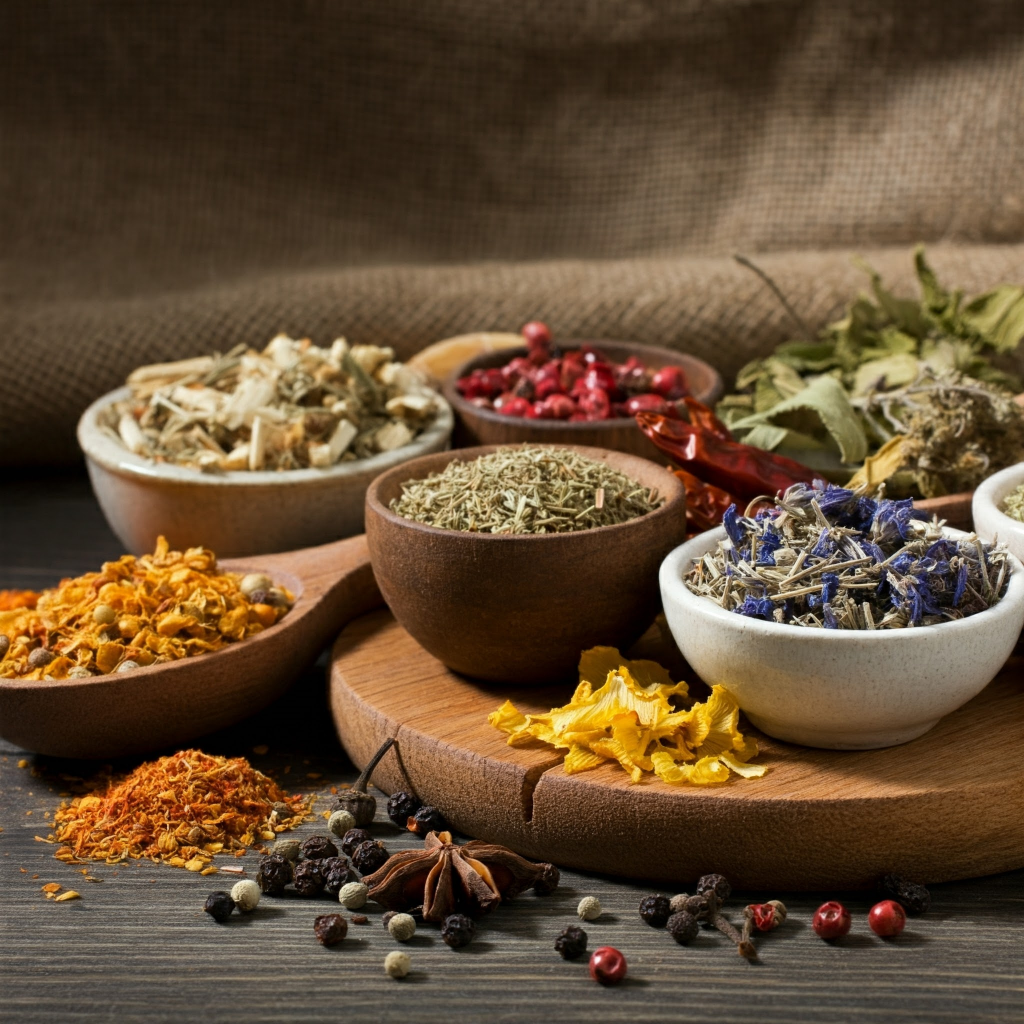
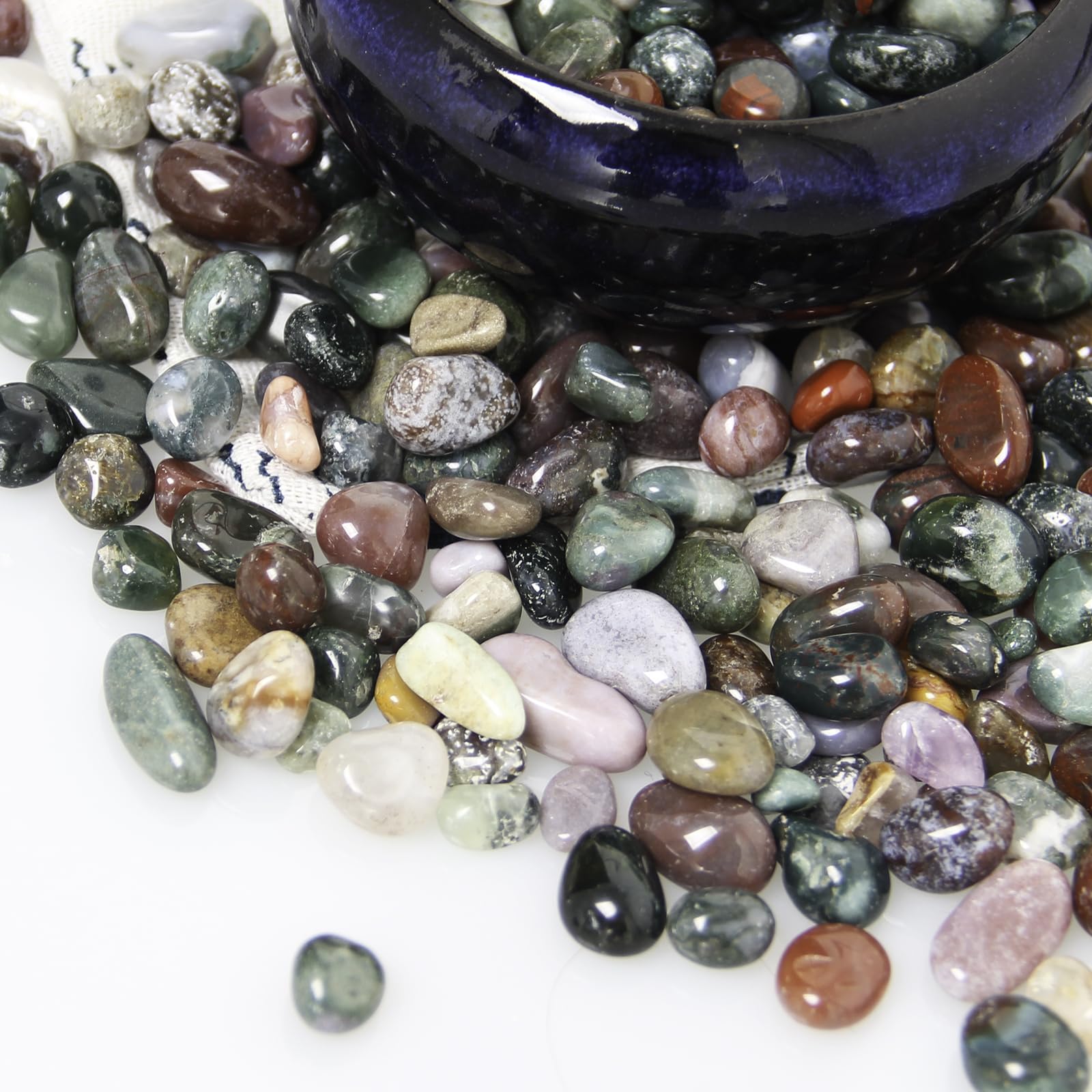
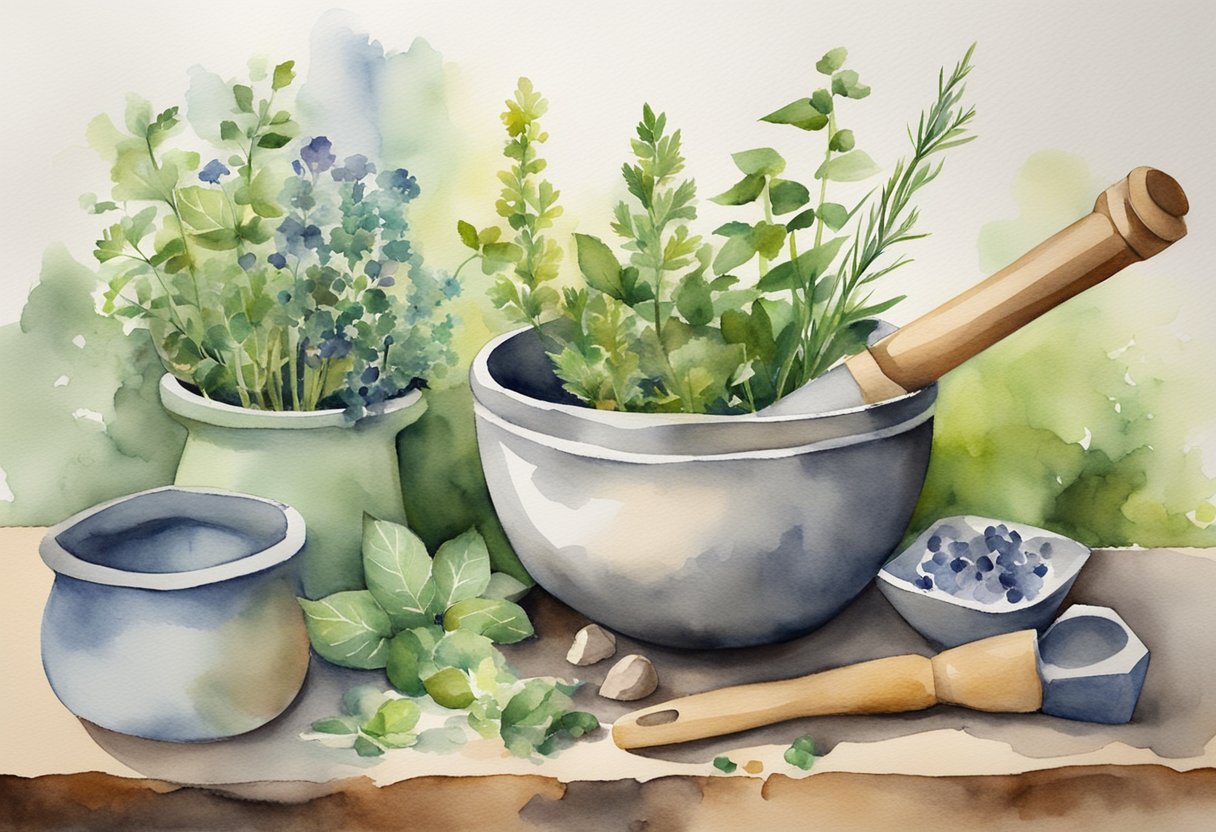
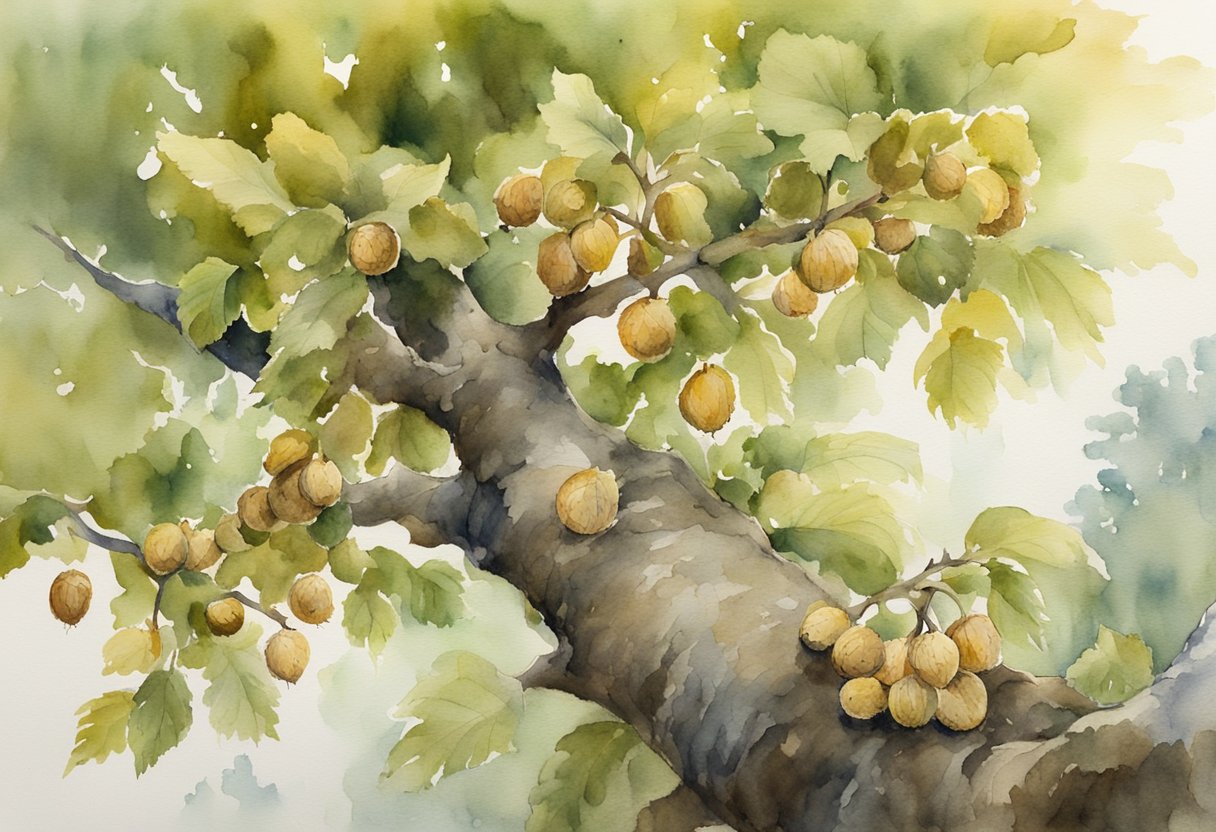
 https://witchyhour.com
https://witchyhour.com